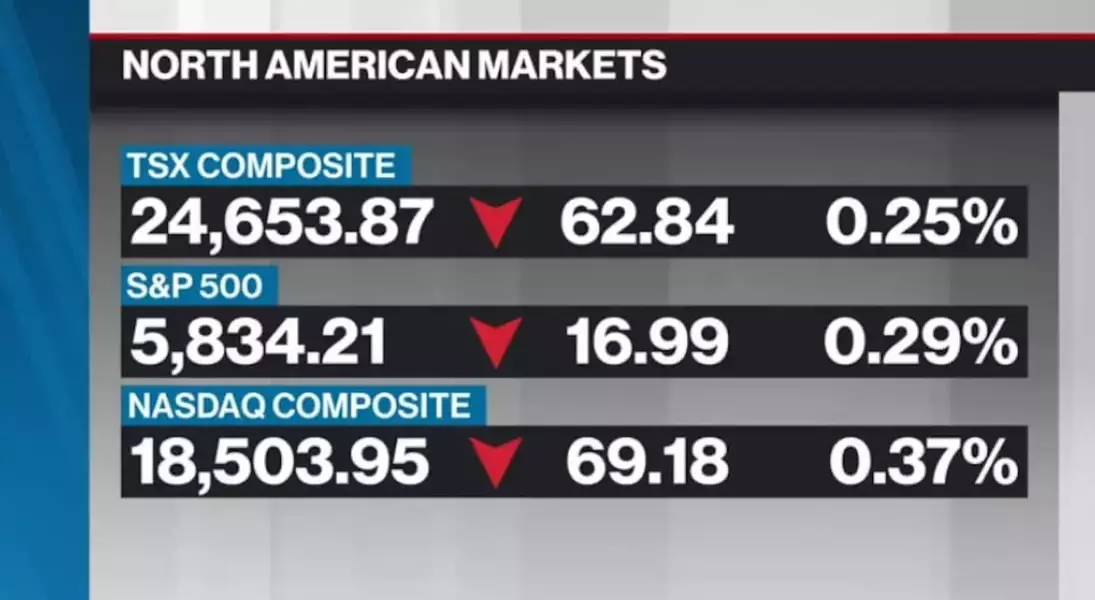As the financial world braces for the impending earnings season and the looming U.S. election, investors and analysts alike are closely monitoring the potential ripple effects on global currencies. In this comprehensive article, we delve into the intricate interplay between these two pivotal events and their influence on the ever-evolving currency landscape.
Unlocking the Secrets of Earnings Season's Currency Sway
Earnings Season: The Pulse of the Market
Earnings season, a time when publicly traded companies report their financial performance, is a critical juncture for investors and traders. The release of these earnings reports can have a profound impact on the value of a company's stock, and by extension, the broader market. However, the influence of earnings season extends far beyond the stock market, as it can also significantly impact the movement of currencies.As companies report their financial results, investors closely scrutinize the data, seeking clues about the overall health of the economy. Strong earnings can bolster confidence in a country's economic prospects, leading to an appreciation of its currency. Conversely, disappointing earnings can trigger a sell-off, causing the currency to depreciate. This dynamic is particularly pronounced in the case of multinational corporations, whose earnings are often tied to the performance of various global markets and the corresponding exchange rates.The Currency Conundrum: Navigating Earnings Season's Volatility
During earnings season, currency markets can experience heightened volatility as investors react to the flood of financial data. Traders closely monitor the performance of key economic indicators, such as revenue, profit margins, and guidance, to gauge the overall health of the economy. These factors can have a direct influence on the demand for a country's currency, as investors seek to position themselves for potential shifts in monetary policy or economic growth.Moreover, the impact of earnings season on currencies can extend beyond the immediate reaction to individual company reports. The collective performance of an industry or sector can also sway the value of a currency, as investors assess the broader implications for the economy. For example, a strong showing from the technology sector may bolster the appeal of the U.S. dollar, while a weak performance from the energy sector could weigh on the Canadian dollar.Weathering the Storm: Strategies for Navigating Earnings Season's Currency Challenges
Navigating the currency markets during earnings season requires a nuanced approach. Savvy investors and traders must closely monitor the release of earnings reports, analyze the potential impact on the broader economy, and adjust their strategies accordingly. This may involve diversifying their currency holdings, implementing hedging strategies, or taking advantage of short-term trading opportunities.Additionally, it is crucial to stay informed about the broader macroeconomic trends and policy decisions that can influence currency movements. By staying abreast of factors such as interest rate changes, trade agreements, and geopolitical developments, investors can better anticipate and respond to the currency fluctuations that often accompany earnings season.The U.S. Election: A Catalyst for Currency Volatility
Alongside the ongoing earnings season, the impending U.S. election has the potential to significantly impact global currency markets. The outcome of the election can have far-reaching consequences for the U.S. economy, and by extension, the value of the U.S. dollar and its relationship with other major currencies.Investors and traders closely monitor the political landscape, assessing the potential policy changes and their implications for the economy. A shift in the political landscape can trigger a reassessment of the country's economic prospects, leading to currency fluctuations as investors reposition their portfolios.Navigating the Uncertainty: Strategies for Weathering the U.S. Election's Currency Storms
Weathering the currency volatility surrounding the U.S. election requires a multifaceted approach. Investors must closely monitor the evolving political landscape, analyze the potential policy changes, and assess the likely impact on the economy and currency markets.Diversification is key, as investors may seek to spread their currency exposure across multiple markets to mitigate the risks associated with the U.S. election. Additionally, the implementation of hedging strategies, such as the use of currency futures or options, can help investors manage their currency risk and navigate the turbulent waters of the election season.Embracing the Opportunities: Capitalizing on Currency Shifts During Earnings Season and the U.S. Election
While the confluence of earnings season and the U.S. election can present significant challenges for currency markets, it also offers unique opportunities for savvy investors and traders. By staying informed, analyzing the data, and employing strategic approaches, market participants can potentially capitalize on the currency fluctuations that often accompany these pivotal events.Whether it's identifying undervalued currencies, taking advantage of short-term trading opportunities, or implementing effective hedging strategies, the key is to remain agile, adaptable, and attuned to the ever-evolving dynamics of the currency markets.











